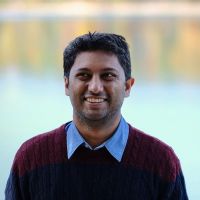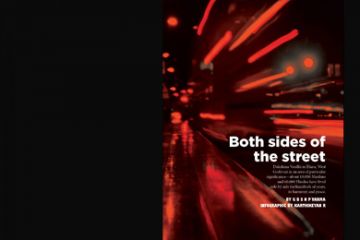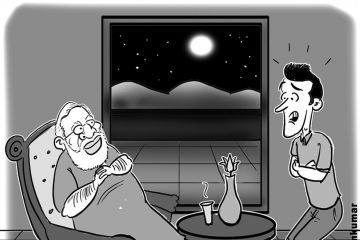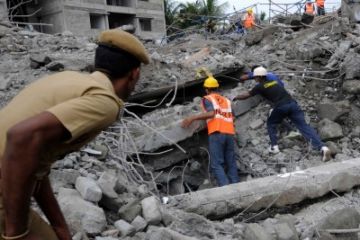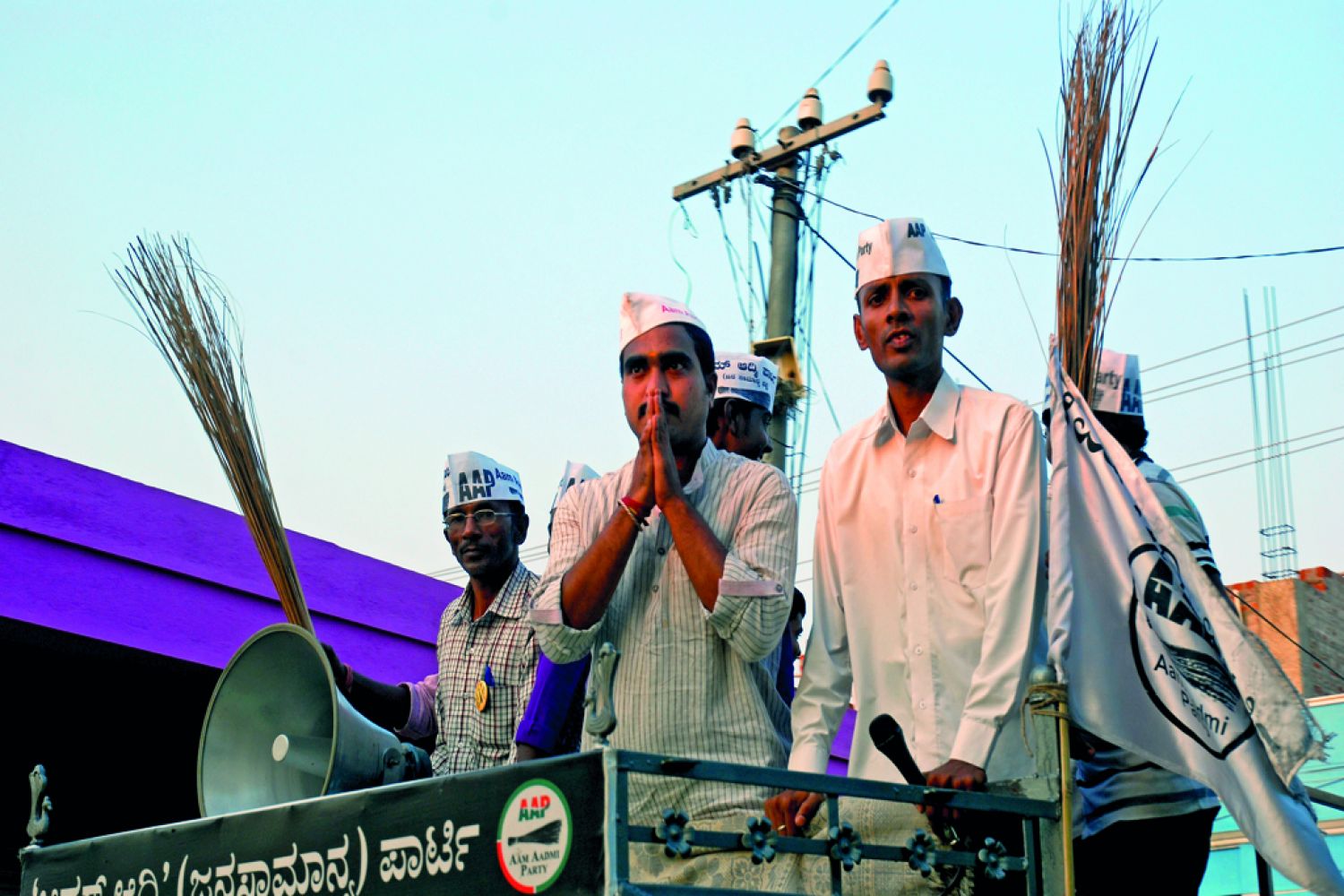
7 days before polling
It’s April 14, seven days before voting in Karnataka.
Shivakumar Malagi, the Aam Aadmi Party (AAP) candidate from Bellary, is on
stage. In the sea of white Gandhi topis with the words Main Hoon Aam
Aadmi emblazoned on them in black Devanagiri script, he stands out. His is
the only cap that has the words emblazoned in red: a small touch to separate
the common man’s candidate from the common man.
The temperature in Bellary is already hitting 40°Celsius,
and t
Continue reading “The campaign trail of the common man”
Read this story with a subscription.

